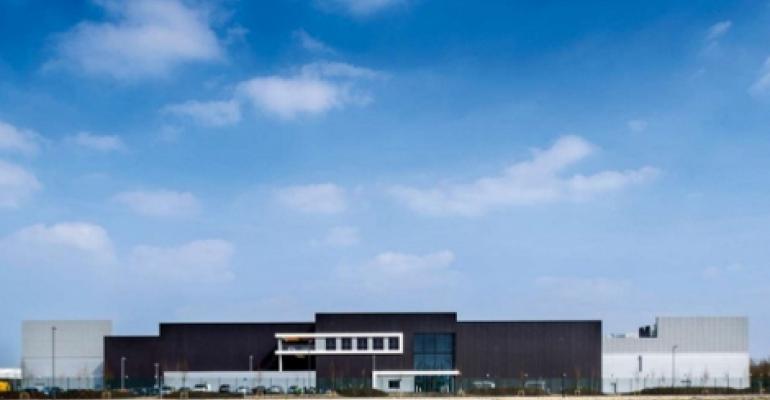Rackspace, the company that started as a managed hosting provider and in recent years pivoted to being a “managed cloud” provider, is going private.
Investment management company Apollo Global Management has agreed to buy out Rackspace stock at $32 per share – a 38-percent premium over the stock’s closing price on August 3 – in a transaction whose total value is $4.3 billion, according to a statement issued Friday.
Rackspace’s board of directors has approved the deal and recommended that the company’s stock holders vote in favor of the buyout. The company expects to close the transaction in the fourth quarter, once antitrust waiting periods expire in the US, the EU, and Israel.
“This transaction will provide Rackspace with more flexibility to manage the business for long- term growth and enhance our product offerings,” Graham Weston, Rackspace co-founder and chairman of the board, said in a statement. “We are confident that as a private company, Rackspace will be best positioned to capitalize on our early leadership of the fast-growing managed cloud services industry.
Read more: Why Rackspace is Going Private, According to Its CTO
Citigroup, Deutsche Bank, Barklays, and Royal Bank of Canada are financing the buyout.
Rackspace’s stock has been in a state of continuous decline since last April, hitting its all-time low of $17.63 per share this February. Its value shot up following reports in early August that the company may be close to announcing a deal. RAX was trading at $31.48 per share in the early afternoon Eastern Time Friday.
See also: Rackspace Pivot to Cloud Support Fails to Impress Investors
Founded in 1998, San Antonio, Texas-based Rackspace built its reputation by emphasizing extremely hands-on support services. After being considered one of the more promising Infrastructure-as-a-Service players, it was quickly outgrown in that market by Amazon Web Services and Microsoft Azure.
Eventually, Rackspace redefined itself as a managed cloud company, applying its customer-support reputation and capabilities to managing multi-cloud environments on behalf of customers, including managed AWS and managed Office 365. Gartner considers Rackspace to be the leading player in North America in what the market research firm describes as cloud-enabled managed hosting.
“We are presented with a significant opportunity today as mainstream companies move their computing out of corporate data centers and into multi-cloud models,” Rackspace CEO and president, Taylor Rhodes, said in a statement. “Apollo and its partners take a patient, value-oriented approach to their funds’ investments, and value Rackspace’s strategy and unique culture.”
Rackspace continues to operate an Infrastructure-as-a-Service cloud of its own, hosted in its own data centers. Its cloud is built on OpenStack, the family of open source cloud infrastructure software in whose creation it was instrumental.
See also: What’s Behind Rackspace’s Private OpenStack Cloud Partnership with Red Hat
The company has considerable data center footprint, with locations in Dallas, Chicago, Northern Virginia, London, Hong Kong, and Sydney.
It leases four of those facilities from Digital Realty Trust, a San Francisco-based data center REIT. Digital lists Rackspace as its 15th biggest tenant, reporting that it occupies about 170,000 square feet of data center space total across the four sites.





